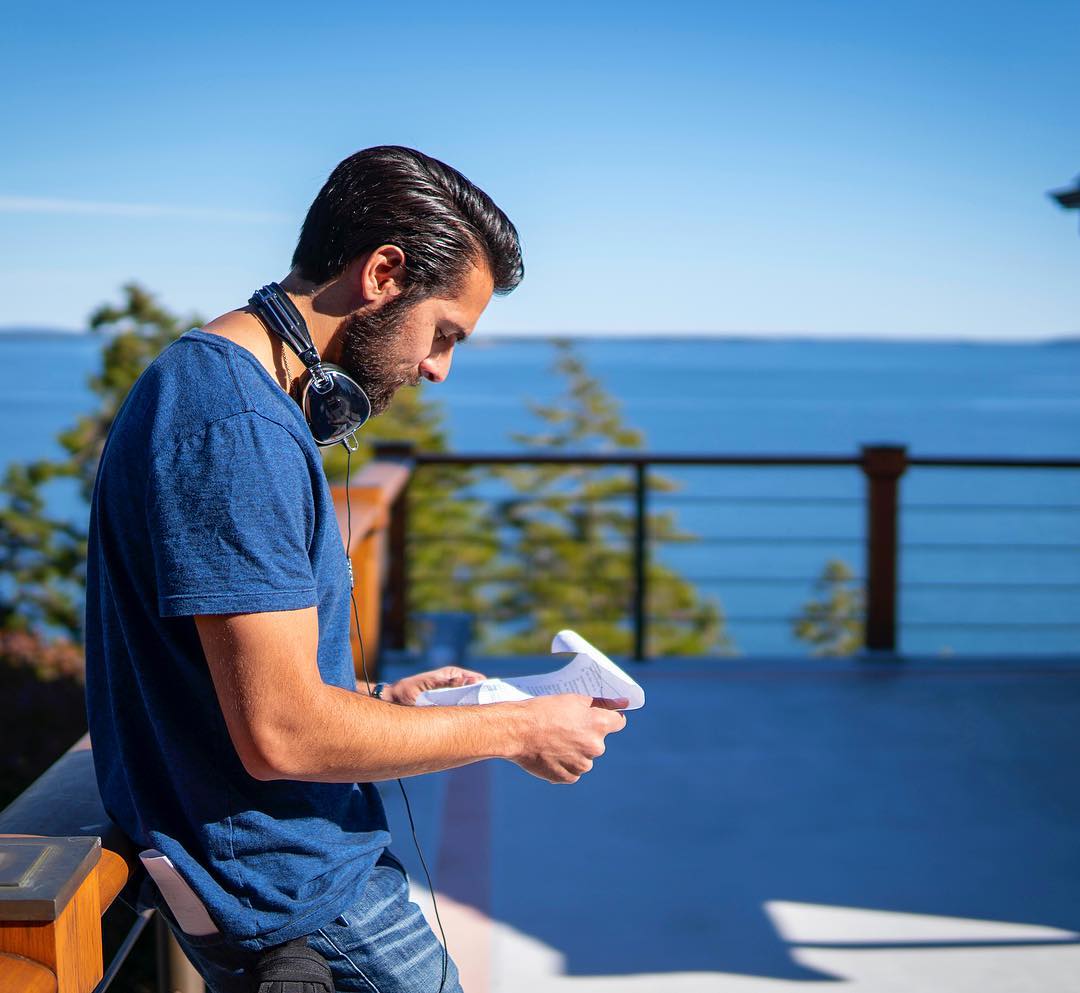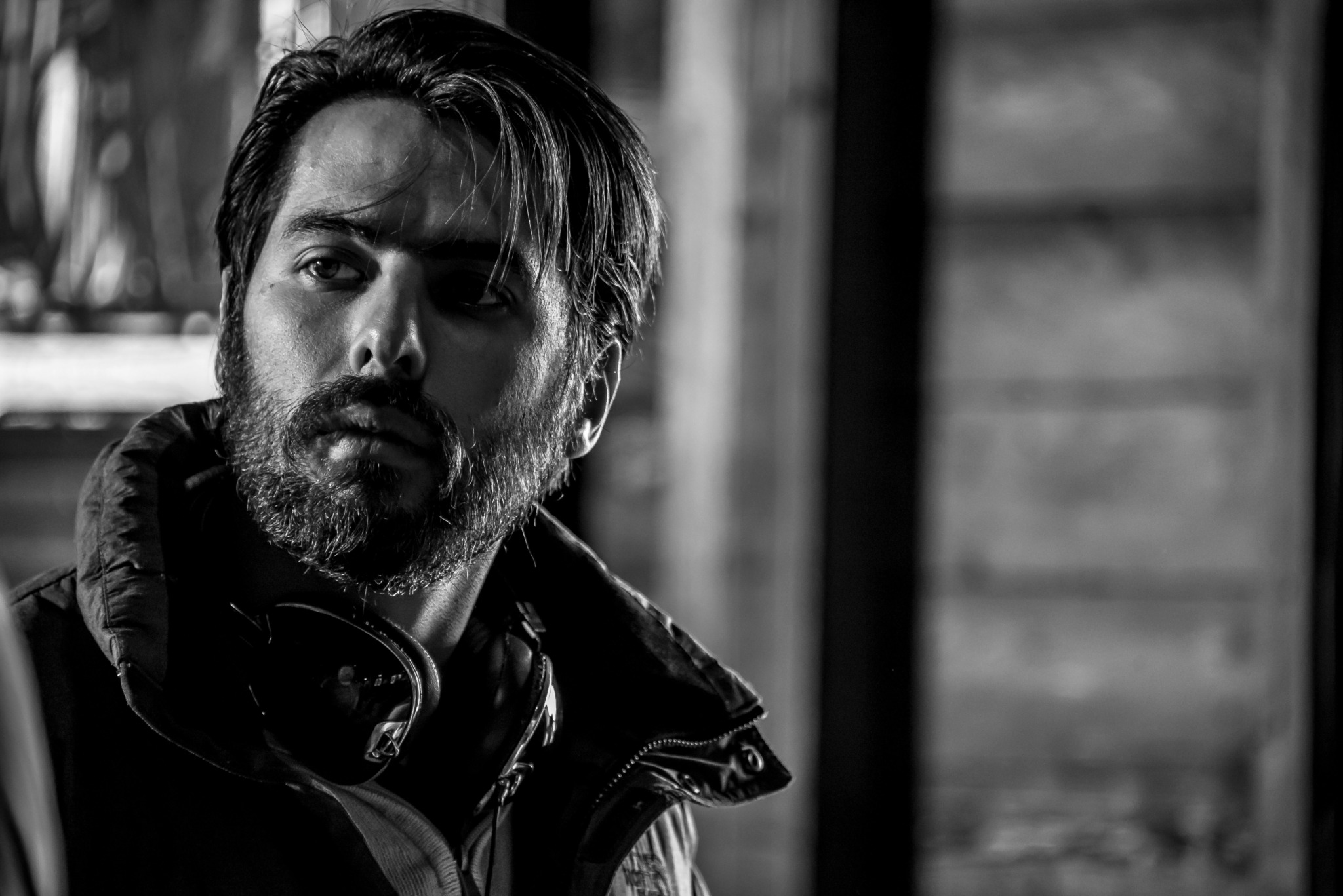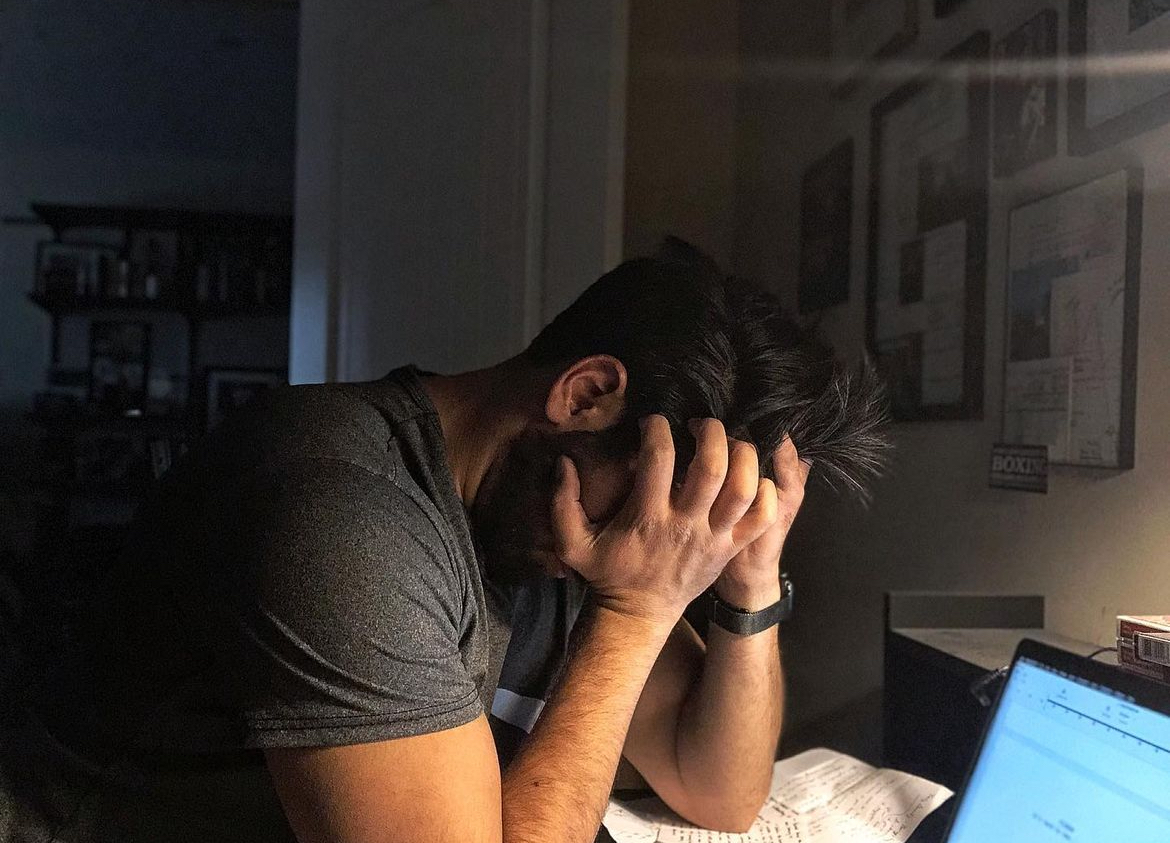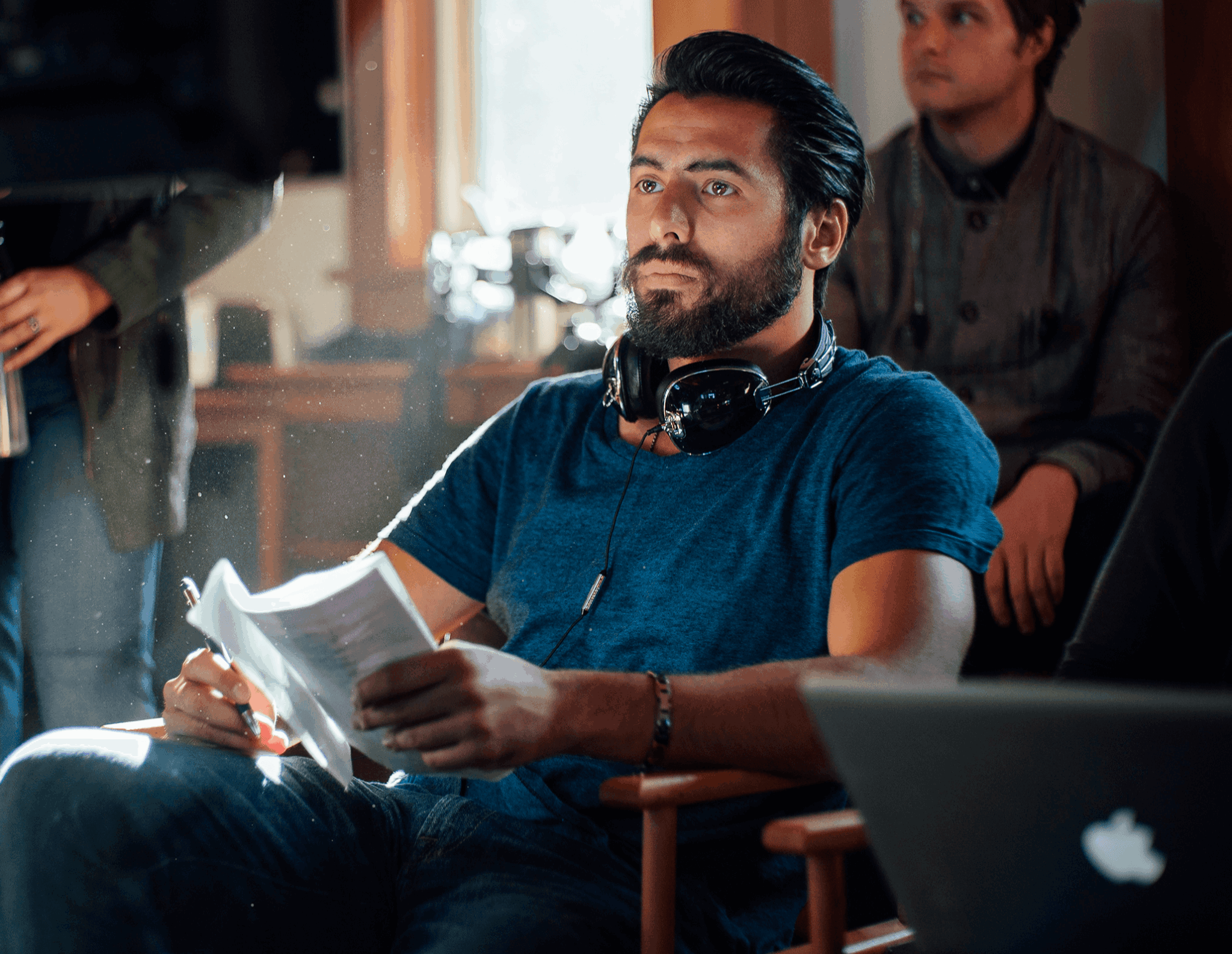We were lucky to catch up with Joe Raffa recently and have shared our conversation below.
Joe, thanks for joining us, excited to have you contributing your stories and insights. Are you happy as a creative professional? Do you sometimes wonder what it would be like to work for someone else?
The biggest challenge you will face as an artist is the choice to remain an artist. You’re constantly comparing your life to those who chose a life of financial stability. You constantly see the vacations your friends are taking and the cars they’re buying and the properties they own. You constantly ask yourself if you’d be happier if you chose that path. And your constantly reminding yourself that it’s not too late… you can “give up” and get a “regular job.” You’d be happier, right?
Happiness is a funny thing. It’s something we feel we’re entitled to. Something we feel we deserve. But for almost all of us, it feels illusive. Why? I actually think happiness is a lot easier to come by than people realize. You can obtain it daily if you really wanted to. Treat yourself to any of the small pleasures that are available to you twenty-four hours a day, seven days a week. Aren’t we told to enjoy the small things? Isn’t it the little things that make us happy? The problem is, happiness is fleeting. It’s not constant, no matter how successful you are. As an artist I used to tell myself I’d be “happier” when I sell my first screenplay to a major studio, or when a film I directed becomes a box office success, or when my phone won’t stop ringing from employment opportunities. But that’s simply not true. Happiness will remain illusive. The dopamine hits, though larger, will still be fleeting. I had to reframe my way of thinking.
I’ve learned that life is not about pursuing happiness. It’s about having a purpose. I remind myself of this daily. As creatives, we need to find purpose in our art. While we’re not saving the manatees or performing open-heart surgery, art is extremely important in our society. At it’s worst, it’s an escape for people. At it’s best, it’s an examination of the human experience that affects people on a personal level. It can make them feel less lonely. It can help them better understand their neighbor, or coworker, or son, or daughter. It can be life changing. My purpose is to tell stories that achieve those things. And I’m happy when I’m pursuing that purpose. I no longer ask myself if I’m happy because I know happiness comes and goes. I’m at peace with living the life of an artist.
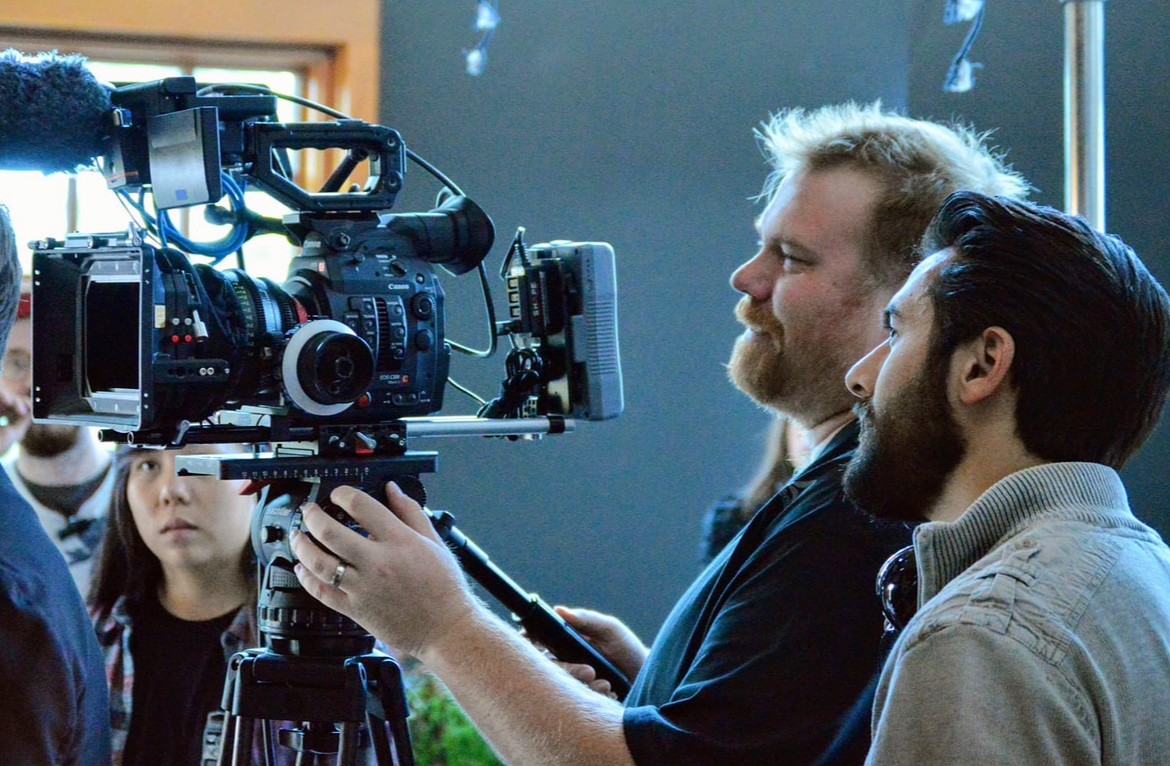
Awesome – so before we get into the rest of our questions, can you briefly introduce yourself to our readers.
When I was seven, my family purchased our first computer. I loved going on Word and slowly, very very slowly, type up short stories. Way back in 1997 we saved our files on little floppy disks. My dad bought me a floppy disk case and I remember holding a whole world of stories in my hands. It felt so fulfilling. I knew I never wanted to stop telling stories. Then once somebody put a video camera in my hands I knew I wanted to tell stories visually.
Growing up in South Jersey, just over the bridge from Philadelphia, I immersed myself in acting, writing, directing, and editing. After high school, I chose to go to Temple University to study film but dropped out after my first semester. Instead, I used the money I saved for college and raised additional funds to direct my first low-budget feature film which I also wrote, starred in, and edited. The overwhelming support from family and friends can not be overstated. I learned what it takes to lead a cast and crew, how to listen and enhance ideas from enthusiastic collaborators, and how to fail. I’m proud of my first film, “You’ll Know My Name.” But it didn’t get into Sundance, or Slamdance, or South by Southwest. In 2010, I must have sent it to over fifty film festivals. It got into one. But it was a representation of who I was as an artist. I failed being undeniably me. I failed my way. And I’ve failed upwards ever since.
“You’ll Know My Name” led to more projects. Projects that I enjoyed working on but were not representative of who I was as an artist. I eventually moved to LA and knew I needed to get back to writing stories that I felt I needed to tell. Once I started doing that, opportunities presented themselves to me. And through people like Angel Anthony Marrero, Edwin Stevens, Cory Pyke, Nicole Cinaglia, David J. Bonner, collaborators that are also the best of friends, I was able to create work that I was proud of. I was surrounded by people that believed in me. People that I love. You can fail over and over again, but as long as you’re failing with vision and dignity and surrounded by the right people you’re making progress.
Today I spend most of my time writing, often working on stories that focus on the dark corners of the human psyche. I’ve learned to treat each project like it’s my last. I put my heart and soul into it. Anything less and I’d be wasting my time and doing myself, and the people who believe in me, a disservice.
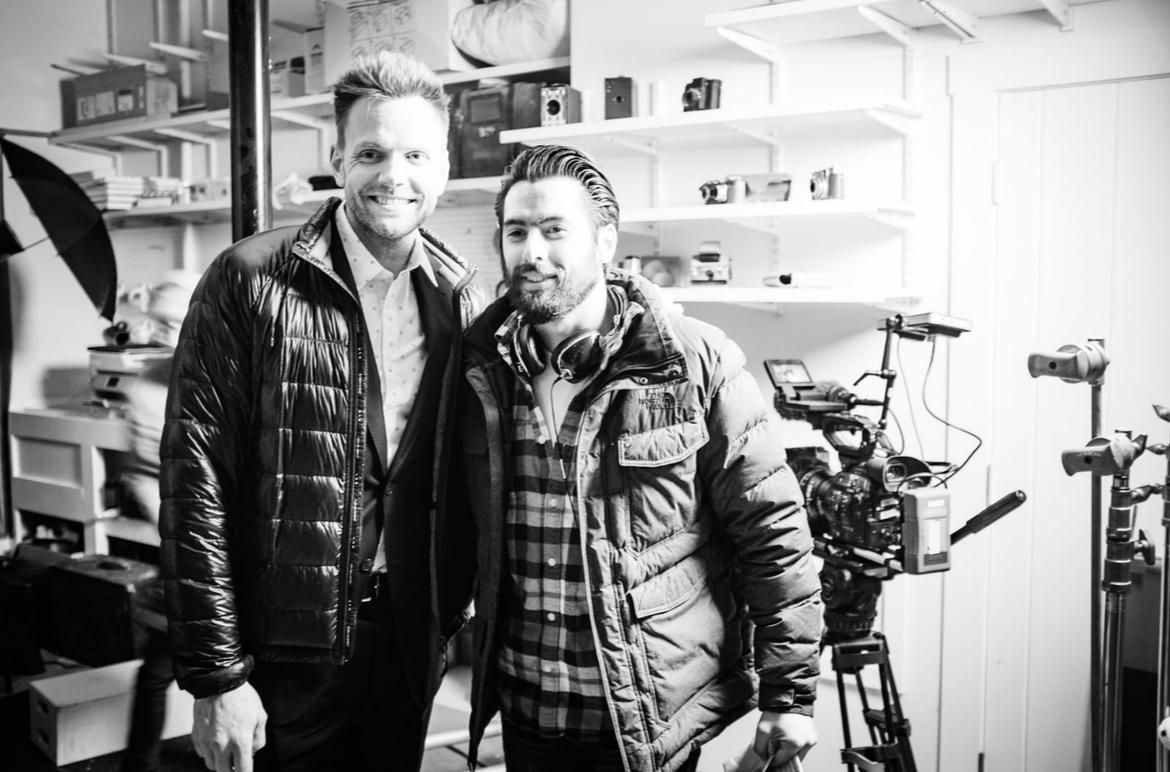
Are there any books, videos, essays or other resources that have significantly impacted your management and entrepreneurial thinking and philosophy?
I’m constantly reading books and listening to interviews with the goal of improving myself daily. Stephen King’s “On Writing” and William Goldman’s “Adventures in the Screen Trade” come to mind and have had a lasting effect on my work. But the book that has significantly impacted my creativity and changed my life is “The War of Art” by Steven Pressfield. It’s filled with valuable insight about the process of creativity. The biggest takeaway for me was the idea that as an artist I cannot wait around to be inspired. I have to be disciplined and write every day knowing some days will be grueling and the work won’t be my best. But if I’m disciplined and make the time to sit down and write, even when I don’t want to, the faster the inspiration will come. You have to fight through the resistance to create or you’ll never create anything worthwhile.
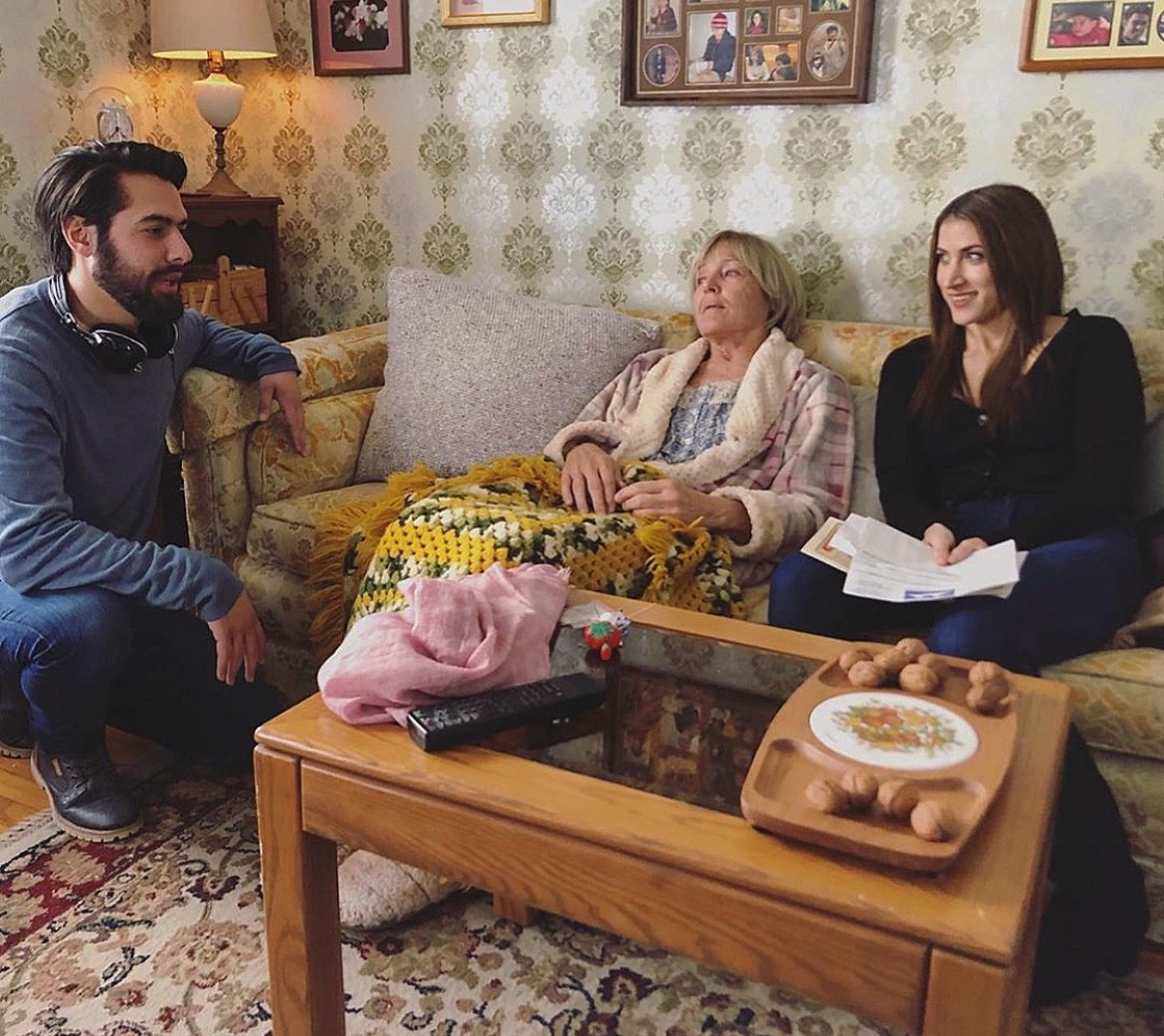
What can society do to ensure an environment that’s helpful to artists and creatives?
At the risk of sounding like an old man yelling at the sky, I believe as a society we have an attention problem. We’re addicted to our devices. It’s so easy to start doom-scrolling on social media while you’re watch a movie or tv show at home. The best thing we can do to support artists is give them our attention when they have something to show us. Put your phone down and really absorb the art. Make it a point to go to the movies, see a theater production, check out your friend singing at the coffee shop. But while you’re there, stay off your phone and give the art the time and attention it deserves. Your social media feed isn’t going anywhere. You can return to it later and spread the word about the movie, tv show, or performance you just watched!
Contact Info:
- Website: https://www.joeraffadirector.com
- Instagram: JoeRaffa
